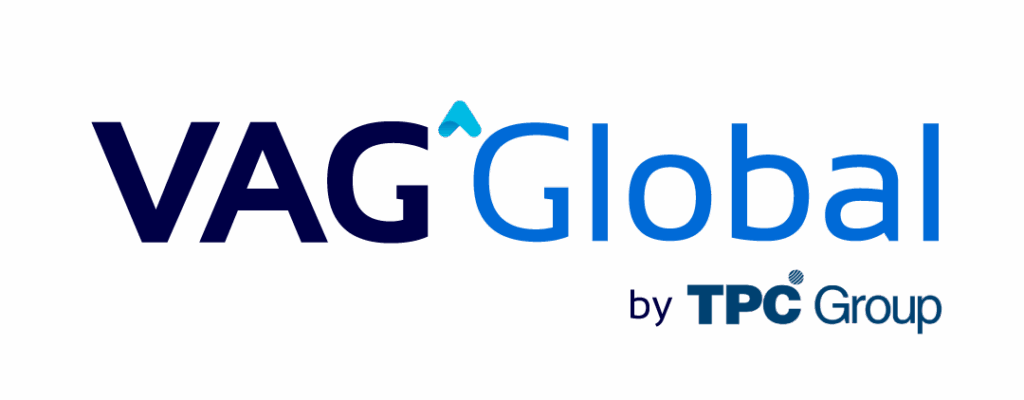In an increasingly regulated environment, companies must ensure their operations comply with all legal and tax regulations. Otherwise, it can result in severe penalties, reputational damage, and financial loss. A compliance audit verifies that companies operate within legal boundaries, reducing risks and bolstering stability.
In this article, we explain what a compliance audit is, its importance, and how it can help your company avoid penalties.
What Is a Compliance Audit?
A compliance audit is a structured process that verifies whether a company’s policies, procedures, and activities align with relevant laws, regulations, and standards. While a financial audit focuses on financial statements, a compliance audit assesses whether a business is adhering to legal, tax, and operational requirements to ensure lawful and ethical operations.
Accounting and internal audit services include detailed reviews to detect potential non-compliance and correct it before it leads to legal consequences.
Compliance Audit
Prevention of Legal and Tax Penalties
A compliance audit can prevent fines and penalties imposed by regulatory agencies. Companies must comply with various regulations, from labor laws to tax laws. Tax and legal advice and guidance ensure that your company stays up to date with its tax obligations, minimizing legal risks.
Risk Reduction
Failure to comply with regulations can result in serious financial consequences. A compliance audit identifies and mitigates risks before they become serious issues. Companies employing financial and compliance audit services are less exposed to risks.
Strengthening Corporate Reputation
Compliance with regulations helps avoid penalties, fostering an ethical and transparent image for customers, investors, and employees. A compliance audit reinforces your company’s trust and credibility in the market.
Enhanced Operational Efficiency
A compliance audit identifies risks and areas for operational enhancement. By reviewing internal processes and aligning them with best practices, your company can optimize its operations and reduce unnecessary costs.
Key Areas in Compliance Audits
A compliance audit covers multiple aspects of a company’s operations. Some of the most relevant areas include:
- Tax regulations: Verification of compliance with tax obligations, tax returns, and financial reporting.
- Labor regulations: Compliance with labor laws related to hiring, compensation, and social security.
- Data protection: Review of compliance with personal data protection and information confidentiality laws.
- Industry regulations: Application of specific rules for sectors such as construction, healthcare, or financial services.
In each of these areas, tax advisors in Lima ensure that your company complies with legal obligations.
When Is a Compliance Audit Necessary?
Although it is advisable to perform compliance audits regularly, there are specific situations in which it becomes essential:
- Before receiving an inspection from a regulatory body.
- When implementing new tax or legal regulations.
- If your company operates in highly regulated sectors.
- After a merger or acquisition.
- If you have identified inconsistencies in internal processes.
In these cases, an external audit price is an investment that guarantees business continuity and prevents penalties.
Why Choose VAG Global for Your Compliance Audit?
At VAG Global, we provide specialized compliance audits and accounting and business advice services in Peru for companies across all sectors. Our experienced team identifies risks, advises on the application of regulations, and develops corrective action plans to mitigate them.
Our compliance audit services include:
- Evaluation of internal processes and policies.
- Identification and management of legal and tax risks.
- Review of regulatory compliance in all key areas of the company.
- Recommendations to improve internal management and avoid future penalties.
Conclusion
Compliance audits are not just an obligation, but a strategic tool to ensure the stability and growth of your company. By identifying and correcting non-compliance, you can avoid legal penalties and enhance operational efficiency and corporate reputation.
Trust the VAG Global’s experts to keep your company protected and in compliance with current regulations.
For further information, contact us at contacto@vag-global.com or call +511 436 4612.

